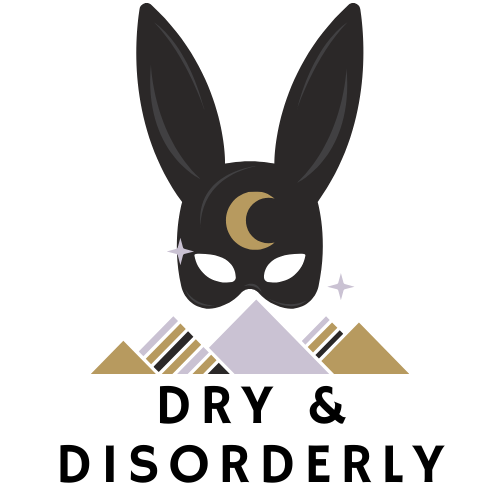Relapse Reset: Four Steps I Took to Bounce Back Stronger
Image by Author
Turning my missteps into momentum for my recovery journey
We all want the recovery journey to be that “I broke up with booze, I completely reinvented myself, and I never looked back” type of story. But the reality is it’s chaotic, it’s uncomfortable, and if you’re like me — it has included relapses. My mistakes felt like a giant scarlet letter on my chest. However, after a long day in bed and a lot of agonizing self-reflection, I decided it’s actually more like a detour on my map. Instead of letting my relapse continue to wreck my confidence, I chose to make it a comeback story.
Step 1: I Needed to Face the Facts — Relapse Happens
First, I had to stop pretending relapse was some kind of ugly, mythical beast only the “weakest of weak” people face. It’s not, it happens to most of us at some point. It doesn’t erase all the progress you’ve made, and it sure as hell doesn’t mean you’re a failure. For me, it was a wake-up call that I was merely human — I’m flawed, messy, and still capable of moving forward.
I had this idea that recovery is a straight road to a simple life, but in reality, it’s more like an old crumpled MapQuest printout of all the backroads. I hit several speed bumps along the way and it took a while to accept they’re part of the road to recovery.
Then I had to address the feelings, oh man, the feelings. Shame, guilt, regret, disgust — you name it, I felt it. It was like a tsunami of emotions crashing into my already fragile sense of self. But I didn’t shove it down or drink the shame away. Instead, I gave myself permission to let things suck for a minute. As cliche as it sounds, it’s true that the only way out is through.
Step 2: I Had to Reframe the Relapse
Here’s where the mindset shift happened. Instead of treating relapse like a failure, I looked at it like constructive feedback. It was time to play detective. Clearly, something in my routine wasn’t working, so I started asking questions: Was I putting myself in too many triggering situations? Was I not leaning on my support system enough? Was I scrolling through my ex’s Instagram feed again? Was I watching too much news? Was I remembering to have fun?
Every time I unpacked a piece of the puzzle, I felt a little more in control. It was a chance to understand myself better and build a stronger foundation for the future. Relapse didn’t mean I flunked out of sobriety school, this was all part of the learning experience I signed up for.
“Welcome to The School of Hard Knocks”. That shift — from beating myself up to learning from my mistakes made all the difference.
Step 3: No Choice but to Move Forward
Getting back on track was wobbly at first. My initial instinct was to hide. I wanted to isolate myself but knew it wouldn’t help. With my tail between my legs, I reached out to my sober tribe — mainly my sponsor and online communities where strangers knew exactly what I was going through. Those connections reminded me I wasn’t the first person to fall off the wagon and I won’t be the last. It’s all about how you get back up again and it’s a lot easier with a helping hand.
Then I started tinkering with my recovery plan. I picked up journaling again, I tried new coping tools, I meditated (or at least I tried to), I made green juice, and I even got a home stationary bike. Most importantly, I gave myself permission to evolve. Recovery isn’t static — it’s a living, breathing thing that matures over time. Not everything I tried worked, but the point was to keep stocking up my toolbox for when triggers eventually come knocking again.
Step 4: Building Resilience
Now, I won’t sit here and tell you relapse was “the greatest thing to ever happen to me,” because, well, that’s a load of rubbish. It was awful — at first. Here’s what I will say: it gets easier and recovery isn’t about perfection. It’s about showing up, day after day, even when the road gets bumpy and your tires are worn. The sooner I let go of a picture-perfect sober journey — the smoother the ride was. After all, we tend to be our own worst critic.
Baby steps pushed me through. Whether you’ve been sober for a week or a year, it’s about committing to doing the work. Every sober day is another brick in the foundation. Rome wasn’t built in a day, and neither is sobriety. There is no completion date, but there’s also no expiration date. Just make progress.
The Comeback
Relapse wasn’t the end of my story, it was a plot twist that provided me with more momentum. If you’ve hit a setback, remember: every twist and turn, every hard lesson learned, could be a part of your big comeback. The next chapter is yours to write and hindsight is 20/20. Dust yourself off, find something to laugh about and be proud of how far you’ve come!
Recovery is one wild ride, but it’s a road trip worth every detour.
*Previously published in Invisible Illness


